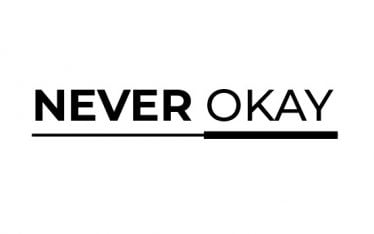Introduction
A safe working environment is conducive to achieving strong and productive industrial relations. In order to create such a working environment, it is vital to ensure that the workplace is free from all forms of discrimination, including harassment.
Anyone at the workplace may be prone to various forms of harassment, including sexual harassment and bullying. Each and every form of workplace harassment will disadvantage all parties. For workers, it can result in poor performance, which subsequently reduces work productivity and affects the welfare of the workers and their families. Increased turnover rates and low productivity can potentially affect the economic competitiveness of factories. Harassment in garment factories has been highlighted as a problematic issue by international activists and made big headlines in international media. Violations as well as mere rumors about problems of workplace harassment can seriously impact the relationship between international, reputation-conscious buyers and factories. It is therefore our common concern to create a positive working environment through the prevention of workplace harassment.
Despite this, reports of workplace harassment remain widely prevalent. In particular, many cases of workplace harassment seem to occur in the garment industry. This may be due to a variety of reasons, such as the presence of large numbers of young, inexperienced, rural migrant female workers under the supervision of few men, high levels of production pressure and abusive disciplinary practices. According to the baseline survey that was conducted by Better Work Indonesia from September 2011 to February 2012, more than 80 percent of female employees reported that they were concerned with sexual harassment.
Such circumstances demand that concrete measures are introduced to offer workers more protection from harassment. It is for this reason that Better Work Indonesia has developed these Guidelines on the Prevention of Workplace Harassment, mainly based on the Guidelines on the Prevention of Sexual Harassment developed by the Indonesian government. These Guidelines are not legally binding, nevertheless, they provide critical guidance and may be referred to by employers, workers and enterprises who are attempting to prevent and effectively respond to workplace harassment.

